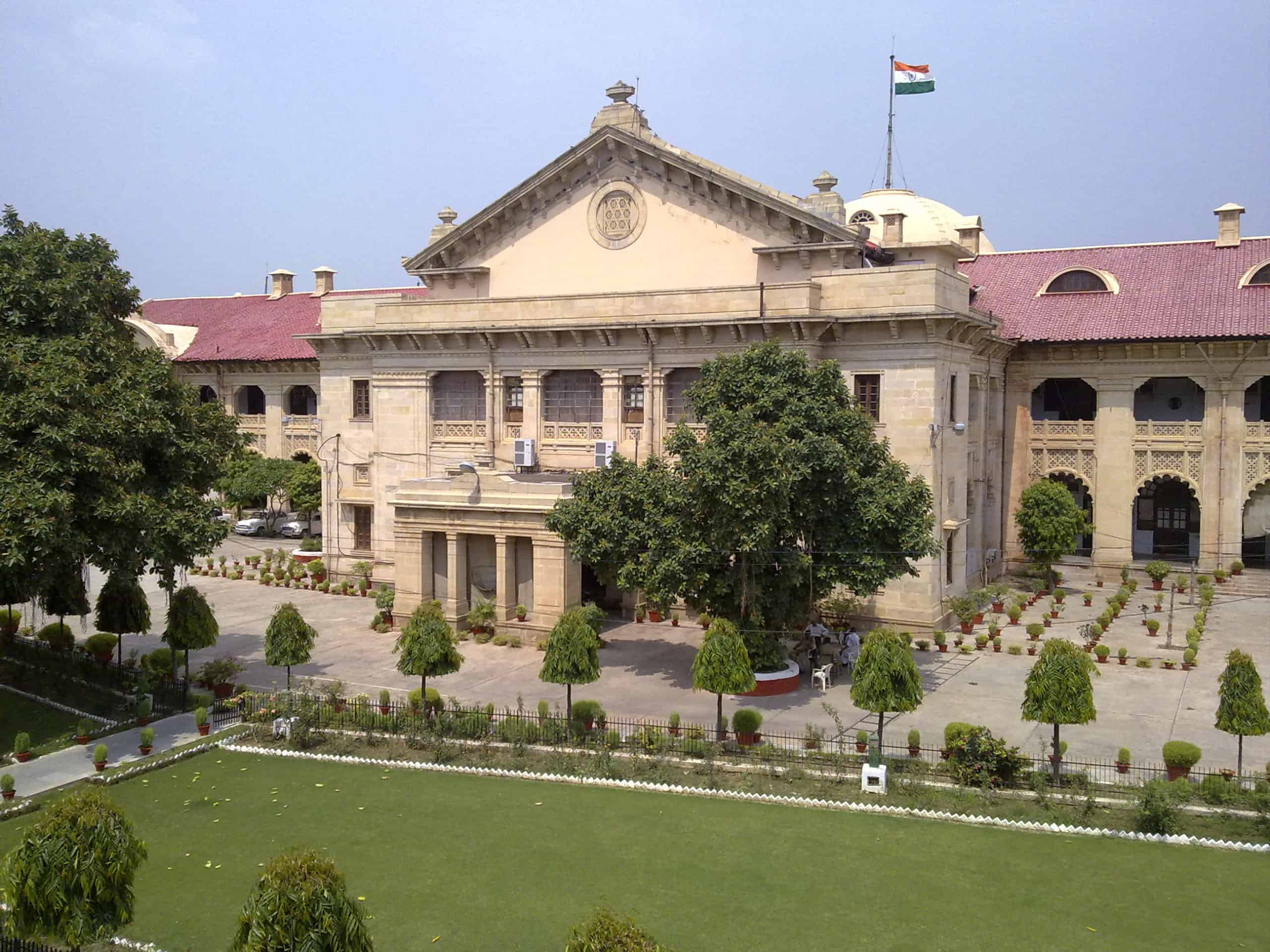The Allahabad High Court recently observed that while individuals in India have the freedom to change their religion, there must be credible proof to show that such religious conversion is voluntary.
Justice Prashant Kumar opined that a mere oral or written declaration that the conversion has taken place is not enough to legitimize a religious conversion. Rather there should be credible proof of the desire to covert, the Court said.
“In India, it is open for anybody to change the religion. An oral or written declaration does not constitute conversion. Credible proof of desire to convert is required, followed by clear overt actions to carry out the desire,” the Court’s April 8 order stated.
Justice Prashant Kumar
The Court added that the religious conversion should then be duly notified to the concerned authorities so that the change is reflected in all government records or government-issued identity cards.
Such a change should also be notified publicly through newspapers, the Court observed. All of this is to ensure that there is no fraudulent or illegal conversion, the Court said.
“The change in the religion has to be legal so that the new religion gets reflected in all the government IDs across the country. Thereafter, advertisement should be placed in the newspaper with wide circulation in that area, which ensures that there is no public objection to such change and it is also there to ensure that there is no such fraudulent or illegal conversion. The newspaper advertisement must specify the details like name, age and address. Thereafter, there should be notification in the National Gazette, which is online record published by the Central Government of India,” the Court observed.
The Court went on to note once an application to notify a religious conversion in the Official Gazette is submitted, the concerned government department would thoroughly examine it. The religion change would be notified in the Gazette only once proper scrutiny is done, the Court observed.
The Court was prompted to make these observations while dealing with a petition to quash a case filed against a man after he married a woman who earlier belonged to a different religion.
The woman’s father had accused the man of kidnapping his daughter and of committing the offences of criminal intimidation, rape and offences under the Protection of Children from Sexual Offences Act (POCSO Act).
The Court earlier ordered the production of the woman’s high school certificate to ascertain her age.
On April 8, the Court took note of a submission that there was a medical report which showed that the woman was a major when she married the accused man.
The Court was also told that the man had converted to the religion of his wife voluntarily, that they had a child together from their wedlock, and that the family was living together happily.
The Court, however, decided to take a closer look into whether the religious conversion was voluntary or simply undertaken to overcome legal hurdles or under pressure.
It, therefore, granted time to the State counsel to verify whether the religious conversion was only undertaken for the sake of marriage or not.
The matter will be heard next on May 6.
Advocate Chandra Prakash Singh appeared for applicants (including the accused man).
Additional Government Advocate SD Pandey appeared for the State.
Source Link




